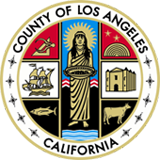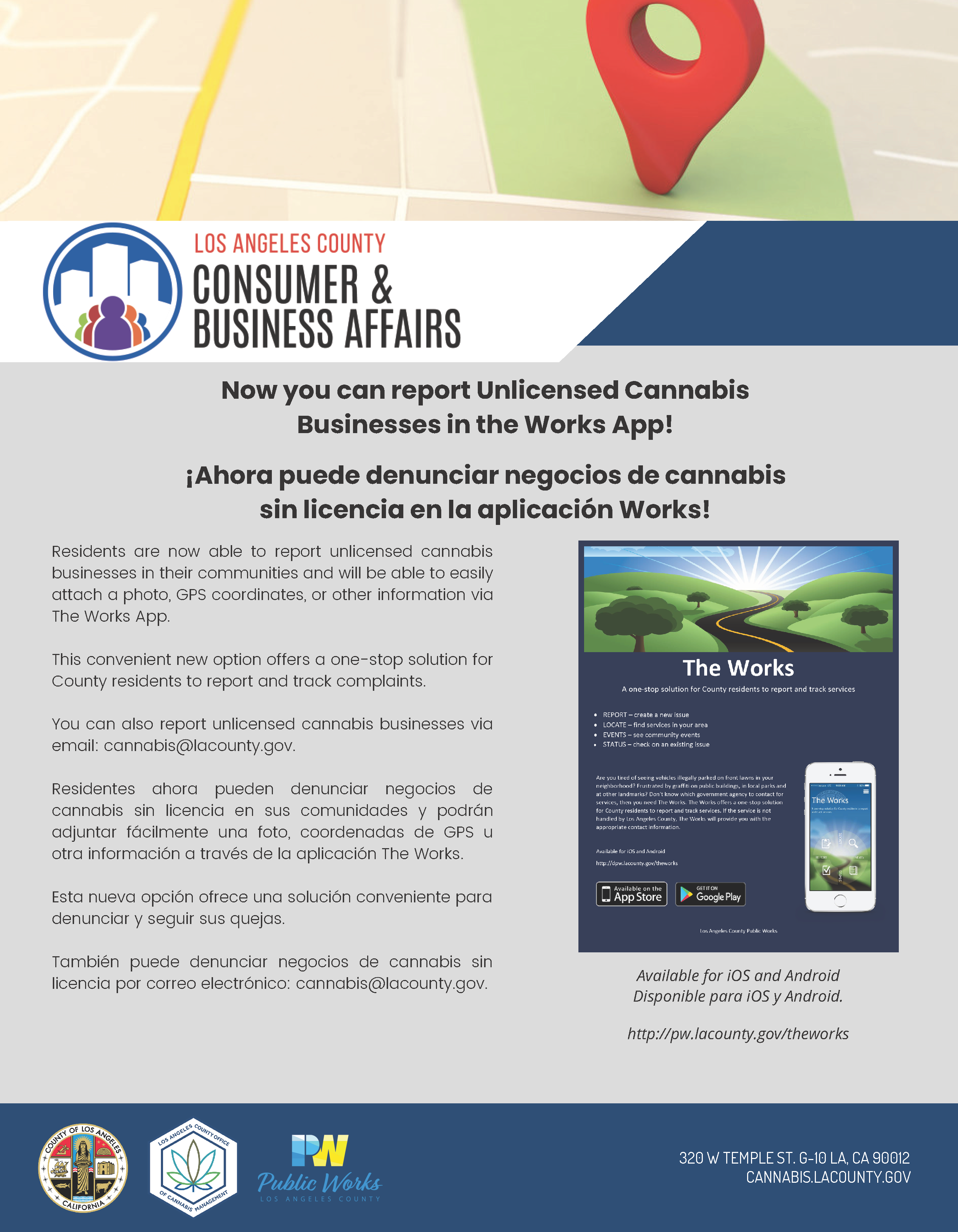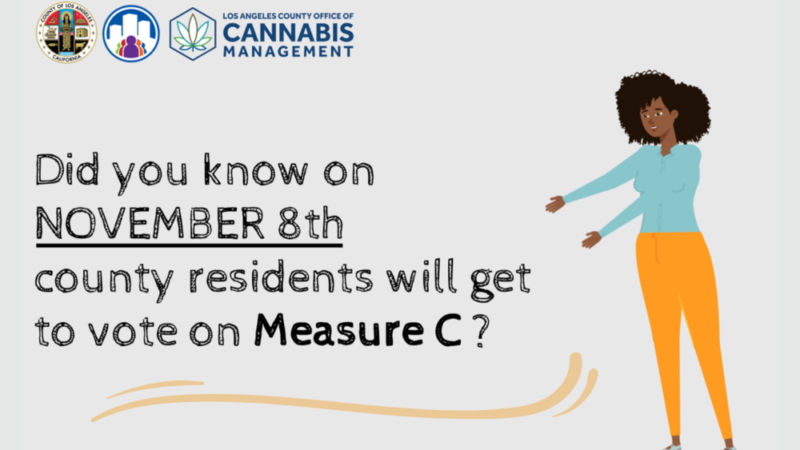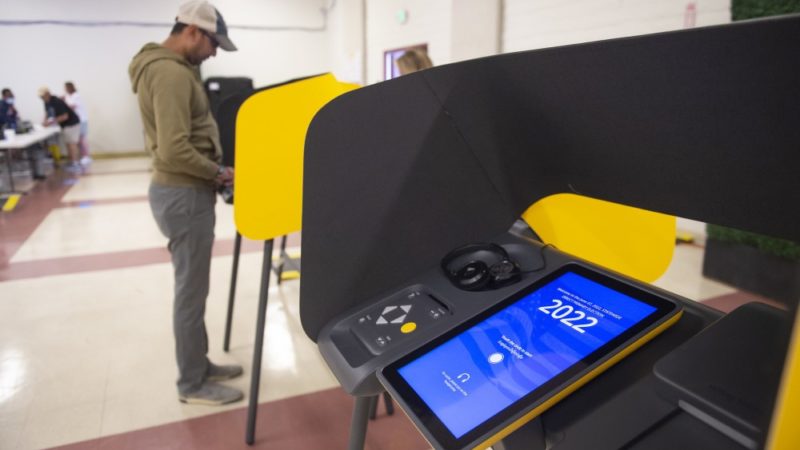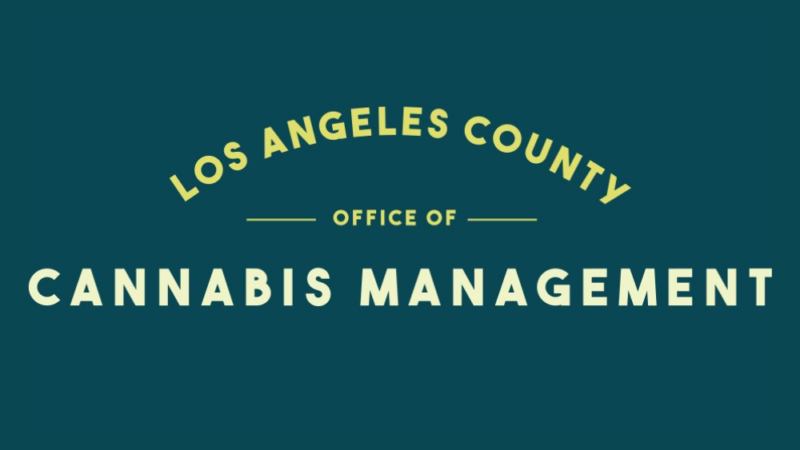Vote in the November Election; Learn the Facts of Measure C
Vote in the November Election; Learn the Facts of Measure C https://dcba.lacounty.gov/wp-content/uploads/2022/10/Measure-C-info.png 1000 567 Consumer & Business //dcba.lacounty.gov/wp-content/uploads/2017/04/LAC.CBA_.logotitle.color_.pngThe Los Angeles County Department of Consumer and Business Affairs (DCBA) encourages all eligible voters to make a plan to vote on or before the November 8 election. Voting information is available from the L.A. County Registrar-Recorder/County Clerk’s office at lavote.gov. Make your vote count! There are several measures to vote on during this election,…


